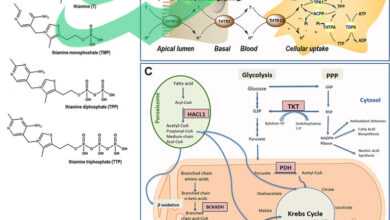How to Overcome Depression Appetite Loss Naturally

Getting to Know Depression and How It Affects Us
Depression appetite loss isn’t just about feeling sad. It’s a tough mental health issue that many folks deal with every day. It can disrupt how we go about our lives and hit hard on our overall wellness. One tricky part of depression is how it messes with our appetite. If you’re feeling depressed, you might notice you just don’t feel like eating. This can lead to losing weight and missing out on important nutrients. It’s like getting caught in a bad loop where the depression makes you lose your appetite and not eating makes you feel more depressed.
Take Sarah, a friend of mine, for example. After a tough time in her life, she found herself drowning in sadness. At first, she didn’t realize how much it was affecting her. She lost interest in food and couldn’t even bring herself to cook a simple meal. Sarah’s story is common and shines a light on how depression can mess with our eating habits.
Spotting these signs early is super important. It helps us understand what others are going through and find good ways to help them.
In what follows, we’ll dive into why people lose their appetite with depression, how it affects mental health, and some natural solutions to manage it. We’ll talk about remedies, mindfulness techniques, getting help from professionals, and lifestyle changes that can make a difference. Let’s explore how depression ties into losing appetite and what steps can lead us back to feeling better.
Read also: 5 important foods that protect you from depression
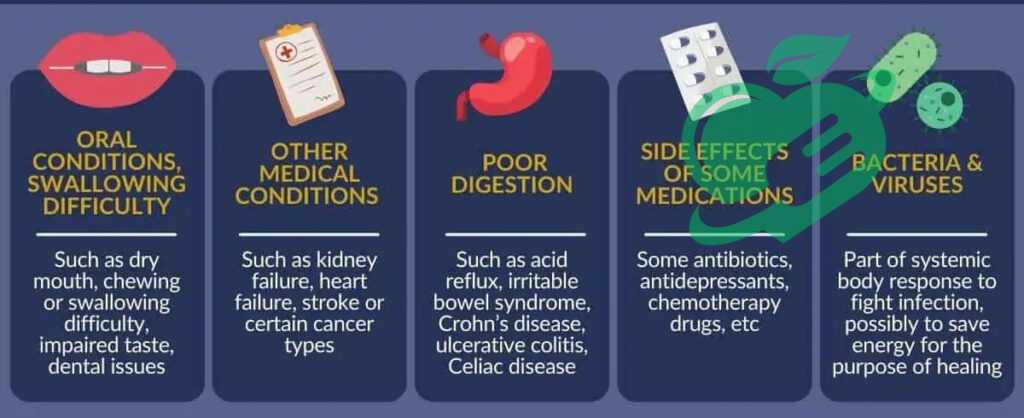
Why Does Appetite Loss Happen with Depression?
Now that we know how depression messes with our appetite, let’s talk about what makes it happen. For many, depression just feels overwhelming. You get hit with feelings of despair and anxiety that can make even basic things like eating seem impossible.
Think of John, who felt increasingly down after getting laid off. The constant stress and worry not only messed with his mental health but made him lose interest in food. Stories like John’s show how emotional struggles can lead to serious changes in how we eat.
Physical Changes at Play
Alongside emotional reasons, physical changes also play a big role in appetite changes when you’re dealing with depression. Chemicals in the brain like serotonin and dopamine, which help us feel good, often get out of whack in depression. This can bring about:
- Cravings Change: Some people might crave unhealthy junk or just not want to eat at all.
- Feeling Tired: Low energy makes it hard to feel like preparing meals.
- Digestion Problems: Depression can cause things like nausea and bloating that put you off eating.
The Social Aspect
We can’t forget about social and environmental factors either. If you’re not getting support from friends and family, it might lead you to shut yourself off from social meals that could encourage eating. Our day-to-day routines also play a part; for example, when life feels chaotic, people might skip meals or depend on quick, unhealthy options.
Knowing these different reasons behind appetite loss linked to depression is the first step to finding ways to tackle them head-on.

How does Losing Appetite Affects Depression?
When we think about how losing appetite ties in with depression, it’s important to see how it can make things worse. Not eating means you’re missing out on important nutrients and can deepen your mental health issues. Let’s dig into how these things are all connected.
Look at Emma, who was already facing her depressive feelings. Once her appetite started to dip, she felt more tired and irritable. Her lack of energy made it even tougher to do things she used to love, making her feel more alone and hopeless. Emma’s situation shows how losing their appetite can intensify feelings of depression.
Physical Effects
We also need to think about the physical side of things. Not getting the right nutrition can have some serious outcomes, like:
- Weight Loss: Quick or serious weight loss might worsen feelings of not being good enough.
- Lower Immune System: Not eating right can weaken your immune system, making you sick more easily, which could worsen depressive feelings.
- Feeling Run Down: Not getting enough nutrients could lead to chronic tiredness, making it harder to feel better.
Mental Health Challenges
In terms of mental health, losing your appetite can lead to:
- Increased Worry: Fears about health and appearance can worsen anxiety.
- Social Isolation: When appetite loss makes you pull away, you might dodge get-togethers that involve food, making you feel lonelier.
Recognizing the effects of losing your appetite on depression is key for addressing both issues together. By tackling these connected challenges, you can begin on a path to feel better, both mentally and physically.
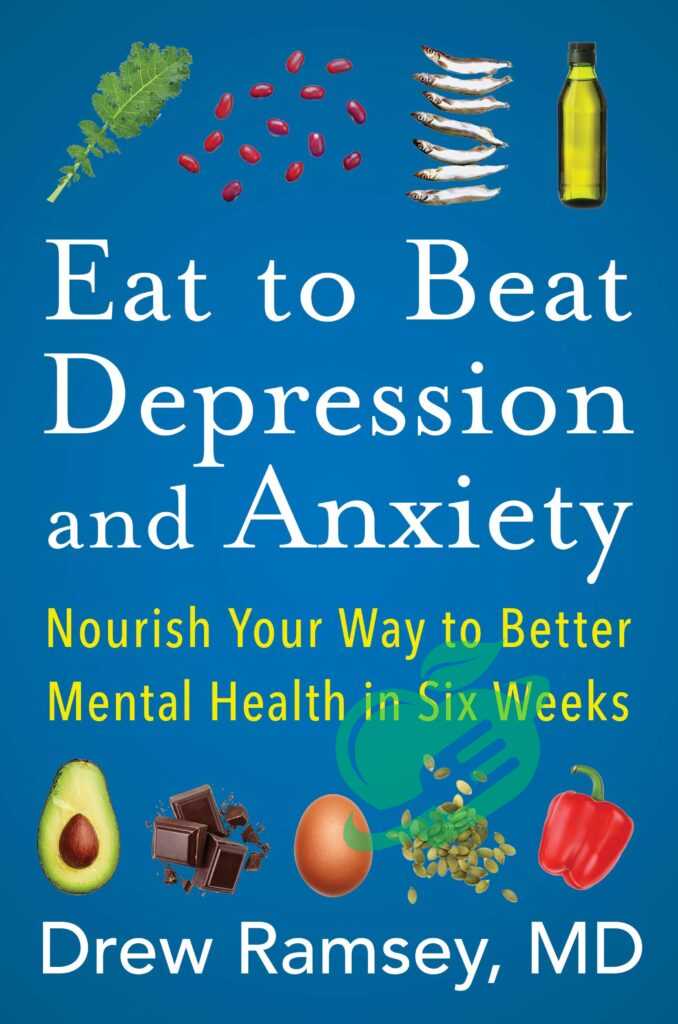
Natural Ways to Tackle Appetite Loss from Depression
Moving on from understanding the impact of appetite loss, let’s look at some natural ways to overcome this issue. Using healthy coping strategies might help improve appetite along with overall mental health. Folks like Sarah, whom we talked about earlier, could see big benefits from adding these practices into their daily lives.
Keeping a Steady Routine
Having a daily schedule can make a big difference. Meals at regular times signal your body that it’s time to eat. Here are some tips to make a routine:
- Regular Meals: Try to aim for three meals a day along with some snacks in between.
- Small Portions: Starting with smaller portions might help you not feel overwhelmed.
- Mindful Eating: Before meals, take time to enjoy the food, which can make eating more enjoyable.
Eating Healthy Foods
Choosing nutritious foods can help rekindle your appetite and lift your mood. Here are some great options:
- Smoothies: Blend fruits, veggies, and protein for a tasty treat that’s easy to drink.
- Snack Packs: Keep snacks like nuts, yogurt, or granola bars around for quick energy boosts.
- Comfort Foods: Sometimes, enjoying familiar and comforting foods can spark some joy in eating.
Getting Moving with Light Activity
Lastly, light exercise like walking or yoga can help you feel hungrier:
- Endorphins: Exercise releases endorphins that can help beat feelings of depression.
- Social Workouts: Joining a local class or group can bring in some social fun, creating support along with workout buddies.
All these natural strategies can lead to a better appetite and overall well-being, creating a positive effect on mental health. By taking small but meaningful steps, you can start enjoying food and life again.
Read also: Depression Psychosis: The Dark Side of Mental Illness.
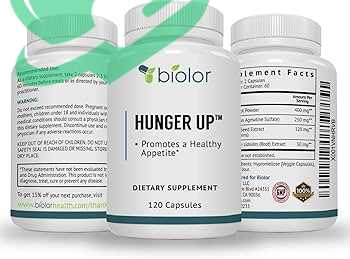
Natural Remedies and Supplements to Boost Appetite
Shifting gears from natural strategies, let’s talk about using herbal remedies and supplements to help boost appetite when dealing with depression. Many people, like John from earlier, have found success by integrating these natural options into their lives. These can not only help you want to eat again but can also provide some mental wellness benefits.
Popular Herbal Remedies
There are several herbs traditionally recognized for enhancing appetite, offering a natural alternative to medications. Some of the favorites are:
- Ginger: This herb is known for helping with digestion and can help spark appetite while also easing nausea. Making fresh ginger tea or adding it to your meals can help.
- Peppermint: This herb can perk up your appetite and aid digestion. Drinking peppermint tea or infusing it in water can be a pleasant way to encourage eating.
- Thistle (Artichoke or Dandelion): Often consumed as herbal bitters, thistle helps support the liver and can kickstart your appetite by enhancing digestion.
Read also: 4 Unexpected harms of smoking
Vitamins and Supplements
Apart from herbs, certain vitamins and supplements can help restore appetite too:
- Vitamin B Complex: These vitamins are key for energy and can help tackle fatigue, which often comes with depression.
- Zinc: This mineral helps with taste and appetite regulation. Taking zinc can help food taste better, encouraging you to eat more.
- Omega-3 Fatty Acids: Found in fish oil, omega-3s are linked to better mood and can also help get your appetite back.
Trying out these herbal remedies and supplements might create a well-rounded way to boost your appetite. But always check in with a healthcare provider before starting any new supplements, especially if you’re already on medication for depression. By exploring these natural options, folks can work on having a healthier relationship with food and themselves.
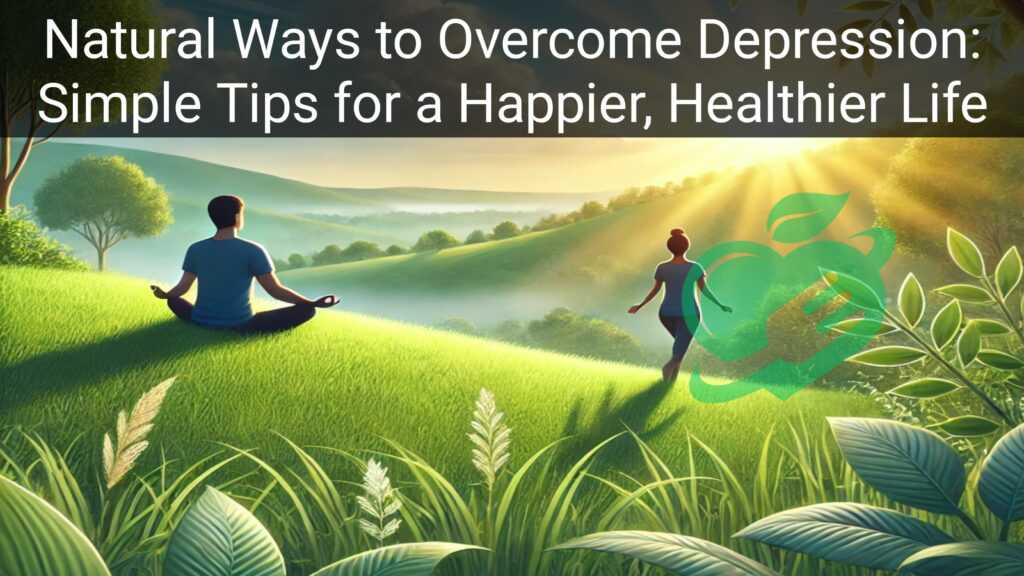
Mindfulness and Meditation Techniques
Now, let’s discuss the role of mindfulness and meditation as another approach to tackling appetite loss from depression. These practices help you connect your mind and body, reduce stress, and encourage a healthier view of eating.
The Benefits of Mindfulness
Mindfulness is about being present and aware of your feelings without judgment. My friend Emily started practicing mindfulness to help with her anxiety around food. By paying attention to her feelings and noticing how her body felt, she realized that anxiety often got in the way of her hunger signals.
Here are some easy ways to bring mindfulness into your everyday life:
- Mindful Eating: Try to enjoy every bite by thinking about the tastes and textures of the food. This can make eating more pleasant.
- Breathing Techniques: Taking deep breaths before you eat can help calm your nerves and create a more peaceful atmosphere for meals.
Adding in Meditation
Meditation is another awesome tool for managing anxiety and depression. It creates a relaxing mindset that can help with eating better. Here are some meditation ideas you might try:
- Guided Meditation: You can find guided sessions on apps that offer positive affirmations about self-acceptance and healing.
- Body Scan Meditation: This approach encourages you to focus on different body areas, helping you relax and notice your body’s signals.
Adding mindfulness and meditation into your daily routine can provide a comforting space where food isn’t something to stress about. By nurturing a conscious approach, individuals can gradually work through appetite loss challenges related to depression and start feeling better overall.
Read also: Protein diet: How much do you lose weight per week?
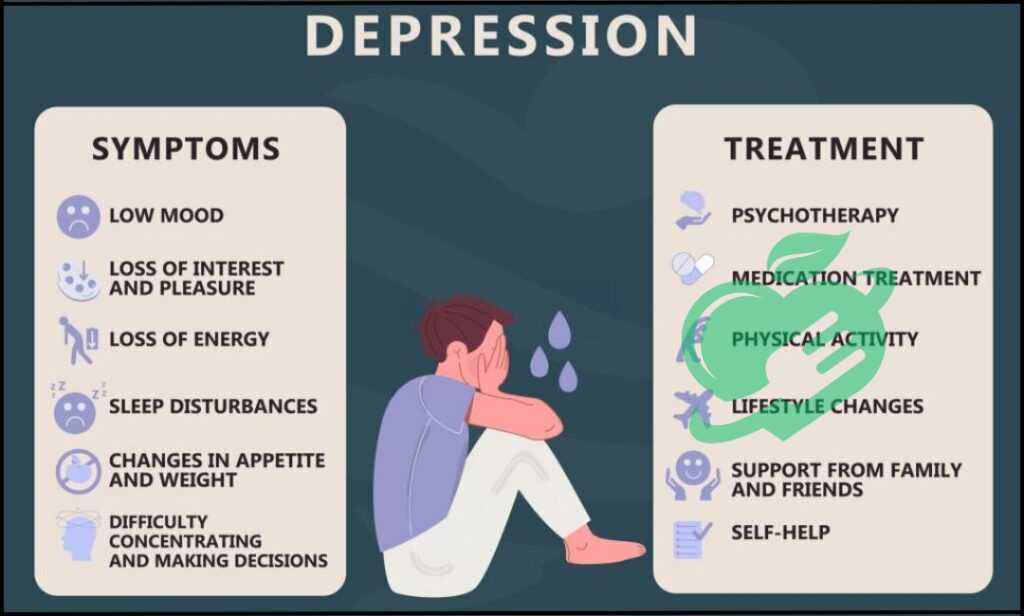
Why Professional Guidance Matters?
As we keep going, we need to talk about how important it is to get professional help and support to manage appetite loss due to depression. While taking care of yourself is great, sometimes expert guidance brings extra support that helps.
Think about Mark, a college student who struggled with losing his appetite from depression. He was hesitant to reach out at first, but eventually, he found the courage to see a therapist. Through their sessions, Mark gained insight into what was causing his pain and learned coping strategies that helped him get his appetite back.
Different Types of Professional Support
There are many options for professional support for those facing depression and appetite loss:
- Therapists and Counselors: These trained professionals offer a safe space to share feelings and find effective coping strategies.
- Dietitians and Nutritionists: They can help create personalized meal plans that focus on rebuilding healthy eating habits.
- Support Groups: Joining a group can connect you with others who are dealing with similar struggles, which helps lessen feelings of isolation.
Breaking Down Stigmas
It’s vital to remember that asking for help is a sign of strength. Many people feel relieved knowing they’re not the only ones facing these issues, and professional support can make a real difference. Taking this step can provide the tools needed to help with recovery while building a healthier relationship with food and yourself. Finding professional guidance can help pave the way for healing and renewed hope.
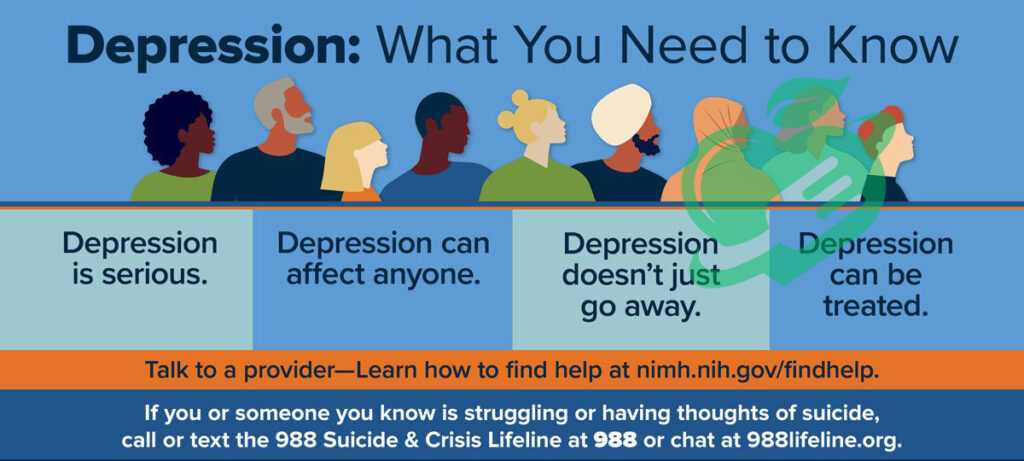
Lifestyle Changes for Managing Long-Term
As we wrap up talking about professional help, let’s focus on how to manage appetite loss from depression in the long run with lifestyle changes. Building lasting habits is essential to keeping things on track, allowing you to deal with your mental health better.
Look at Anna, who has been working hard to overcome her appetite loss from depression. By talking to her therapist, she started making small changes that had a big impact on her daily life. Over time, these tweaks not only helped her appetite but also improved her overall happiness.
Key Lifestyle Changes to Think About
Here are some practical lifestyle changes you can consider for lasting effects:
- Balanced Eating: Make sure to include whole foods, fruits, veggies, and lean proteins in your meals to keep your energy and spirits up. Meal prepping can help make this easier.
- Regular Physical Activity: Adding exercise to your daily routine can boost your mood and fight off depressive feelings. Aim for at least 30 minutes a day with activities like walking, cycling, or yoga.
- Getting Enough Sleep: Keeping a regular sleep schedule and winding down at night can improve your sleep quality. Good rest is key for mental health and can help with appetite.
- Staying Connected: Building relationships with friends and family can offer emotional support, especially when times get tough. Make an effort to connect in person or through video calls for that sense of belonging.
Sticking to Self-Care
Sticking to these lifestyle changes can take determination, but the benefits are worth it. Prioritizing self-care and making choices that support your well-being can help create a strong foundation for your mental health moving forward. Embracing these changes not only aids in regaining appetite but also leads to a more fulfilling life.

Looking Back on the Journey
Reflecting on what we’ve learned about appetite loss linked to depression, it’s clear this is more than just about not feeling hungry. The ties between mental health and appetite show why a well-rounded approach to treatment is needed. From understanding the root issues to recognizing the effects, we’ve seen how connected these factors can be in people’s lives.
As we’ve discussed, taking natural and proactive steps like exploring herbal remedies, practicing mindfulness, and seeking professional help can lead to recovery. Just look at people like Anna and Mark, who have shown that with time and effort, it’s possible to rebuild a healthy relationship with food and yourself.
Read also: Garcinia Cambogia: A Superfood for Supercharging Your Health
Striding Towards a Healthier Tomorrow
Before we wrap up, here are some important points to take away:
- Keeping a regular meal schedule can help fight off appetite loss.
- Eating nutrient-rich foods supports both our emotional and physical health.
- Mindfulness and meditation promote self-awareness and enhance how we eat.
- Reaching out for help is a show of strength and a step towards healing.
- Making clear lifestyle changes lays the groundwork for long-term wellness.
Navigating through depression and appetite loss is a personal journey everyone experiences differently. By having a supportive network and actively making changes, the road to recovery can feel clearer and more possible. It’s never too late to seek help, make positive shifts, and rediscover joy in life and eating. With dedication and support, a brighter, healthier future is definitely within reach.
What are the symptoms of severe depression?
Loss of interest in just about everything is a big sign of trouble. You might notice changes in how much you eat or your weight. Sleep can get all messed up too, where you either can’t sleep at all or can’t seem to wake up. You might feel like you’re moving, talking, or even thinking slower. On the flip side, you could also feel more restless, agitated, or irritable than usual. 1
Why do I suddenly have no appetite?
Most of the time when you don’t feel like eating it’s just a short-term issue. Many of us have been there when we had the flu or a stomach bug or when life gets stressful like during exams or after losing someone close to us. But in some cases, this lack of appetite might stick around longer than we expect. 2
What is the strongest stage of depression?
What’s the hardest level of depression? Some researchers break down depression into four stages, each one getting tougher. The tough spot is called stage four, which is when folks deal with serious depression over and over again, and it often doesn’t get better with treatment. 3
Why don’t I feel hungry anymore?
The most common reasons are:
- Changes in your body that you can feel.
- Shifts in how you feel mentally.
- A health issue that you might not be aware of. 4
To stay up to date on the latest health and nutrition developments in the United States, visit our website, Power Up Your Health, and gain more tips and solutions for a healthier life.
- hopkinsmedicine ((↩))
- patient ((↩))
- webmd ((↩))
- clevelandclinic ((↩))



